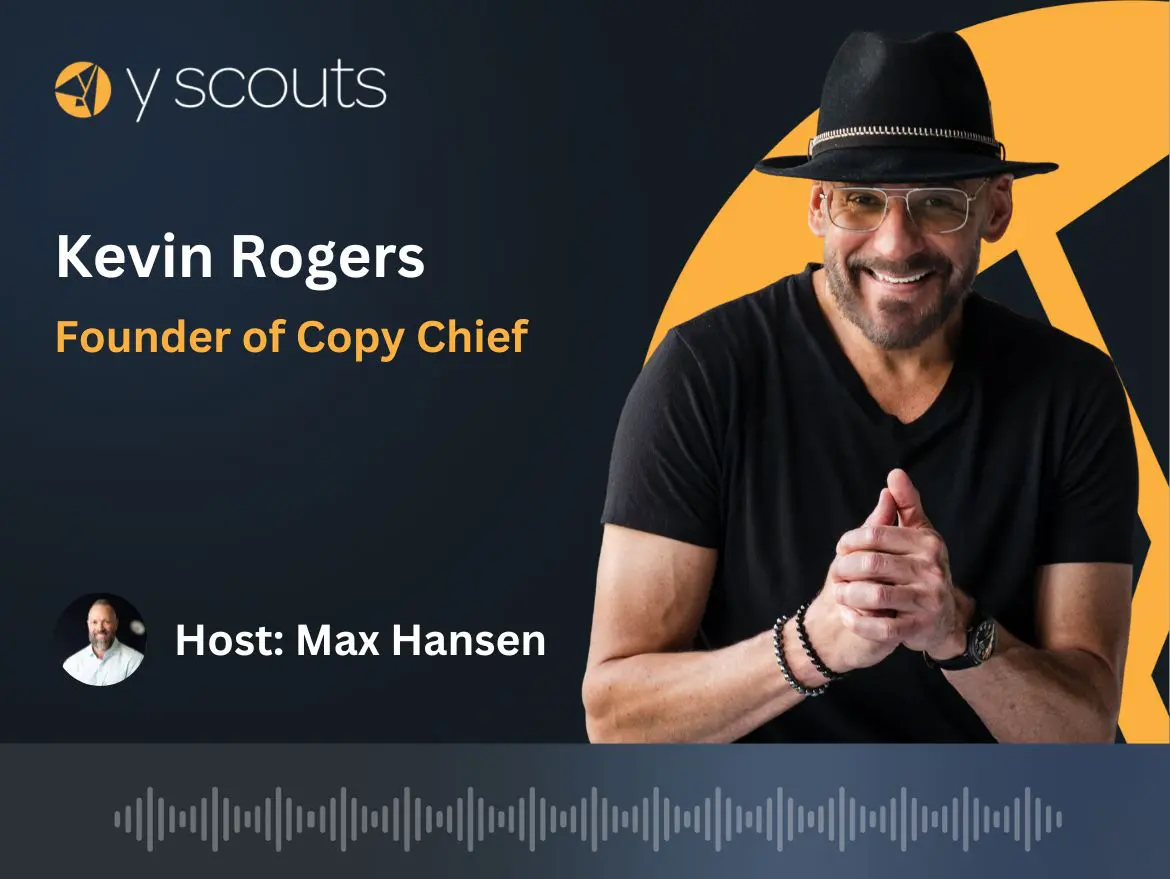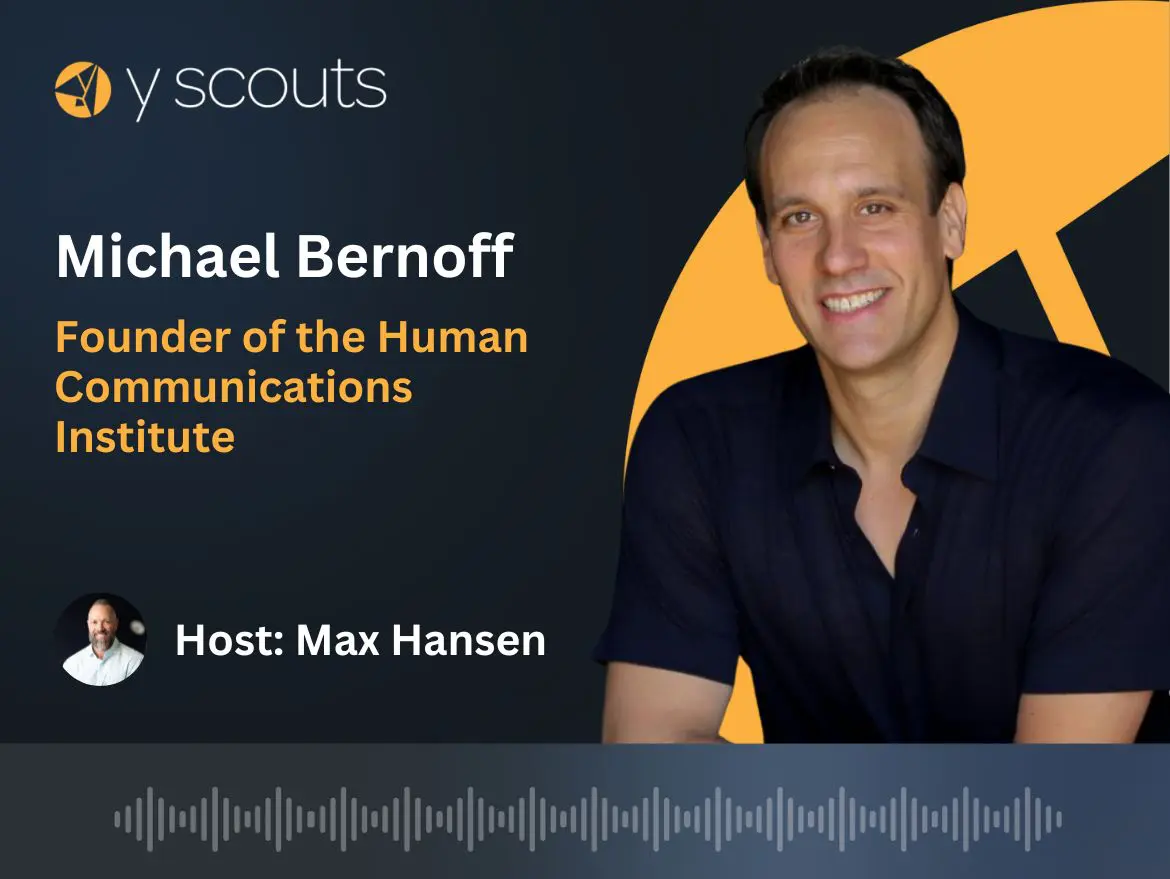Table of Contents
ToggleWelcome to Episode 103 of the Built on Purpose Podcast, brought to you by Y Scouts.
In this episode of Built on Purpose, Max Hansen sits down with Dr. Laura Gallaher to explore the psychology of leadership, self-acceptance, and organizational culture. Dr. Gallaher shares insights from her early career at NASA, where she was hired to help transform the agency’s culture after the Columbia Space Shuttle tragedy. Together, they discuss the importance of psychological safety, self-awareness, and accountability in leadership, and how leaders can foster environments that drive both high performance and employee well-being.
—
Key Topics Discussed:
1. Introduction to Dr. Laura Gallaher
- Founder and CEO of Gallaher Edge (est. 2013)
- PhD in Organizational Psychology
- Early career at NASA working on cultural transformation post-Columbia accident
2. NASA, Psychological Safety, and Leadership Lessons
- The role of organizational culture in the Columbia disaster
- Why psychological safety is critical for open communication
- How NASA’s culture unintentionally bred fear despite being rated one of the best places to work
- The impact of self-deception in decision-making
3. The Importance of Self-Awareness and Radical Self-Acceptance
- How high achievers often struggle with self-acceptance
- The difference between self-acceptance and complacency
- Moving from self-judgment to self-improvement without self-criticism
- The self-acceptance quiz and its four quadrants
4. Creating Accountability in Organizations
- Why accountability must come from within, not imposed externally
- Leaders should model self-accountability to inspire teams
- How to structure feedback and performance conversations
- The power of asking employees, “On a scale of 1 to 10, how do you think you’re doing?”
5. Building Strong Organizational Culture in Hybrid and Remote Workplaces
- The necessity of intentional communication in remote settings
- The role of structured meetings vs. informal check-ins
- Encouraging phone or video calls for relationship building
- The value of in-person team gatherings
—
Key Takeaways:
✅ Psychological safety enables people to speak up and share concerns without fear.
✅ Self-acceptance and self-improvement are not opposites; they can coexist.
✅ Leaders must take ownership of their role in team dynamics and accountability.
✅ Remote work requires intentional communication strategies to maintain culture and engagement.
—
Resources & Links:
📌 Take the Self-Acceptance Quiz: SelfAcceptanceQuiz.com
📌 Learn more about Dr. Laura Gallaher: https://drlauragallaher.com/
📌 Connect with Laura Gallaher: https://www.linkedin.com/in/laura-gallaher-phd/
📌 Connect with Max Hansen: yscouts.com
—
Y Scouts is a leadership search firm that finds purpose-aligned and performance-proven leaders to help organizations achieve their missions faster. Ready to supercharge your leadership search and get the right person in your organization? Contact Y Scouts.






